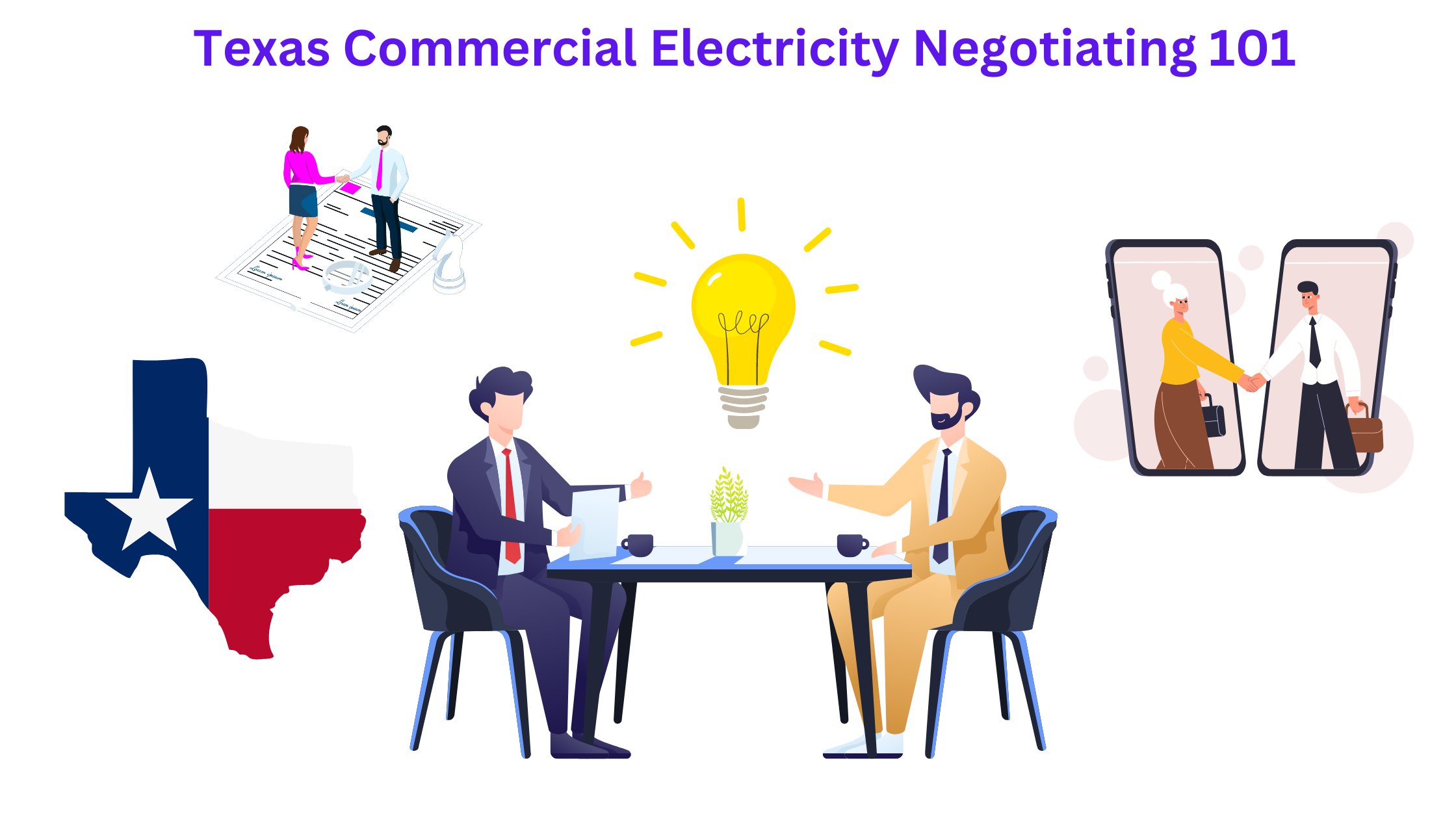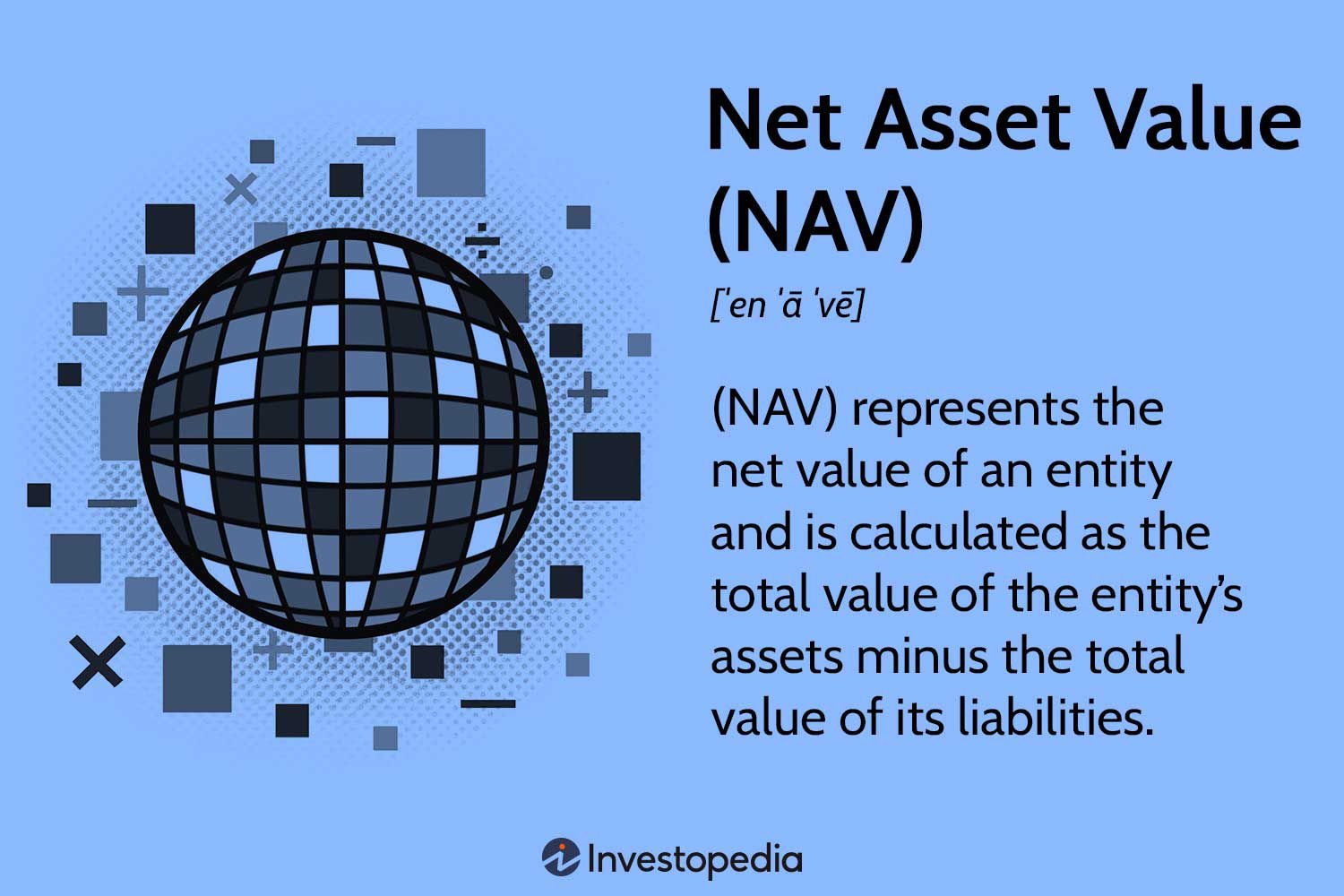Are you tired of paying high utility bills month after month? Do you often wonder if there’s a way to negotiate better rates and save some money? Well, you’re in luck! In this article, we will share some valuable tips for negotiating better utility rates that can help you reduce your monthly expenses without sacrificing your comfort or convenience. So, if you’re ready to take control of your utility bills and start saving, keep reading.
Tips for Negotiating Better Utility Rates
Introduction
Negotiating better utility rates can help you reduce your monthly expenses and save money in the long run. Many consumers overlook this potential savings opportunity, assuming that utility rates are fixed and non-negotiable. However, with a proactive approach and some strategic tactics, you can successfully negotiate better rates with your utility providers. In this article, we will provide you with essential tips and insights to help you navigate the negotiation process effectively.
Research and Preparation
Before initiating any negotiation, it is crucial to conduct thorough research and gather relevant information about your utility provider, available options, and current market rates. This preparation will empower you with knowledge and leverage during the negotiation process. Here are some key steps to take in your research and preparation:
1. Review your current utility bills: Carefully examine your recent utility bills to understand your consumption patterns, usage charges, and any additional fees or surcharges. This information will help you identify areas where you can potentially negotiate for better rates.
2. Compare rates: Research and compare the rates offered by different utility providers in your area. Understanding the market rates will provide you with a benchmark to evaluate the competitiveness of your current utility rates.
3. Check for promotions or discounts: Look for any ongoing promotions, discounts, or special offers provided by your utility company. These promotional rates might be temporarily available, but they can provide you with negotiation leverage.
4. Identify your priorities and alternatives: Determine your priorities, such as lower rates, renewable energy options, or additional services. Additionally, explore alternative utility providers or energy sources that might offer more favorable rates. Having alternatives in mind will strengthen your negotiation position.
Building a Negotiation Strategy
Once you have gathered sufficient information, it’s time to develop a negotiation strategy tailored to your specific situation. Consider the following tips to build an effective strategy:
1. Set realistic goals: Define your negotiation objectives and establish realistic expectations. Identify the specific rate reductions or benefits you are seeking and prioritize them based on importance.
2. Emphasize your loyalty: Highlight your history as a loyal customer when negotiating with your current utility provider. Companies often value customer loyalty and may be willing to offer better rates or incentives to retain your business.
3. Highlight the competition: If you have researched and found better rates from other utility providers, mention this to your current provider. Competition can motivate companies to offer more competitive rates to keep their customers.
4. Be polite and respectful: Approach the negotiation with a friendly and respectful attitude. Treat the representative of the utility company with courtesy, as this can create a more positive and cooperative environment.
5. Be flexible: While you have your specific goals in mind, be open to alternative solutions or compromises that the utility provider may propose. Flexibility can help you reach a mutually beneficial agreement.
Negotiation Techniques
During the negotiation process, it’s essential to employ effective techniques to maximize your chances of success. Consider the following strategies:
1. Ask for a better rate directly: Clearly state your request for a lower rate or better terms. Be confident and assertive while explaining why you deserve a rate reduction based on market research or loyalty.
2. Mention your payment history: If you have a consistently good payment history, remind the utility company of this during the negotiation. A reliable payment record can demonstrate your creditworthiness and increase your chances of securing better rates.
3. Offer to sign a longer contract: Utility companies often appreciate long-term commitments. Consider offering to sign a longer contract in exchange for a lower rate or additional benefits.
4. Propose bundling services: If your utility provider offers multiple services (e.g., electricity and gas), propose bundling them together. Bundle discounts can often result in lower overall rates.
5. Explore energy-saving options: Discuss your interest in energy-saving initiatives or equipment, such as smart thermostats or energy-efficient appliances. Utility providers may offer incentives or lower rates for customers who actively participate in energy conservation.
Follow-Up and Persistence
After the negotiation conversation, it’s important to follow up and stay persistent to achieve the best outcomes. Consider these tips:
1. Get the agreement in writing: If you successfully negotiate better rates, make sure to get the agreement in writing, including all the details discussed. This will help prevent any misunderstandings or discrepancies in the future.
2. Periodically review your rates: Utility rates can change over time, so periodically review your rates to ensure you are still receiving the most favorable terms. If you notice any changes in the market or find better offers, consider renegotiating with your utility provider.
3. Consider contacting the retention department: If you were unable to secure better rates during your initial negotiation attempts, consider reaching out to the retention department specifically. This department is often responsible for retaining customers and may have more authority to offer favorable rates.
4. Stay persistent: Persistence is key when negotiating better utility rates. Don’t be discouraged by initial rejections or roadblocks. Keep trying and exploring different strategies until you achieve your desired outcome.
Negotiating better utility rates is a worthwhile endeavor that can result in significant savings over time. By conducting thorough research, developing a negotiation strategy, employing effective techniques, and staying persistent, you can increase your chances of securing better rates from your utility providers. Remember, the effort you invest in negotiating better utility rates can pay off in the form of reduced monthly expenses and long-term savings.
5 tips to negotiate a lower internet bill – NBC 15 WPMI
Frequently Asked Questions
Tips for Negotiating Better Utility Rates – Frequently Asked Questions (FAQs)
How can I negotiate better utility rates?
To negotiate better utility rates, start by researching the current market prices for the services you require. Armed with this information, reach out to your utility provider and express your desire for a better rate. Highlight your loyalty as a customer and mention any competitive offers or promotions available in the market. Negotiate for a discounted rate, a lower price per unit, or additional benefits. Remember to be polite, confident, and persistent throughout the negotiation process.
Is it possible to negotiate utility rates?
Yes, it is often possible to negotiate utility rates. While some providers may have fixed rates, many are open to negotiation. Companies recognize the value of retaining customers, and in many cases, they are willing to offer better rates or discounts to avoid losing business. It’s always worth trying to negotiate and find a better deal for yourself.
What factors should I consider before negotiating utility rates?
Before negotiating utility rates, it’s important to consider factors such as your current usage, the average market rates, the duration of your relationship with the provider, and any potential promotions or offers available. You should also be aware of any competition in the market and what deals they are offering. Armed with this information, you can effectively negotiate for better rates.
Should I mention competing offers during the negotiation process?
Yes, mentioning competing offers during the negotiation process can be beneficial. It shows your utility provider that you are actively considering alternatives and are seeking the best deal. By highlighting competitive offers, you can encourage your current provider to match or exceed those offers, giving you better rates or additional benefits.
Is it better to negotiate utility rates in person or over the phone?
While both in-person and phone negotiations can be effective, negotiating over the phone offers more convenience and allows you to keep a record of the conversation. When negotiating over the phone, be sure to have all the necessary information at hand, remain calm and polite, and clearly express your desire for better rates. Documenting the details of the negotiation can help avoid any misunderstandings later on.
What should I do if my utility provider refuses to negotiate?
If your utility provider refuses to negotiate, there are a few options you can consider. Firstly, you can explore alternative providers in the market who may offer better rates or incentives. Alternatively, you can escalate your concerns to a supervisor or manager within the company and explain your reasons for seeking better rates. If all else fails, you may need to make a decision about whether to switch providers.
Are there any potential risks in negotiating utility rates?
There are generally no significant risks in negotiating utility rates. Providers are accustomed to customers seeking better deals and are usually open to negotiation. However, it’s essential to be aware of any contractual obligations or penalties associated with changing providers. Always review the terms and conditions of your agreement to ensure that your negotiation efforts align with the terms of your current contract.
How often can I negotiate utility rates?
You can negotiate utility rates whenever you feel it is necessary or when your current contract is about to expire. While it may not be possible to negotiate rates on a monthly basis, it’s a good practice to review your rates periodically, especially when there are changes in the market or when competing offers become available. Regularly assessing your utility rates can help ensure you are getting the best deal possible.
Final Thoughts
In conclusion, negotiating better utility rates requires patience, preparation, and confidence in your ability to advocate for your needs. Researching current pricing plans and competitor rates will empower you to make informed decisions. Remember to gather evidence of your good payment history and loyalty as leverage. Communicate clearly and assertively, emphasizing the value you bring as a customer. Show a willingness to explore alternative options if necessary. By utilizing these tips for negotiating better utility rates, you can potentially secure more favorable terms for your utility services.


